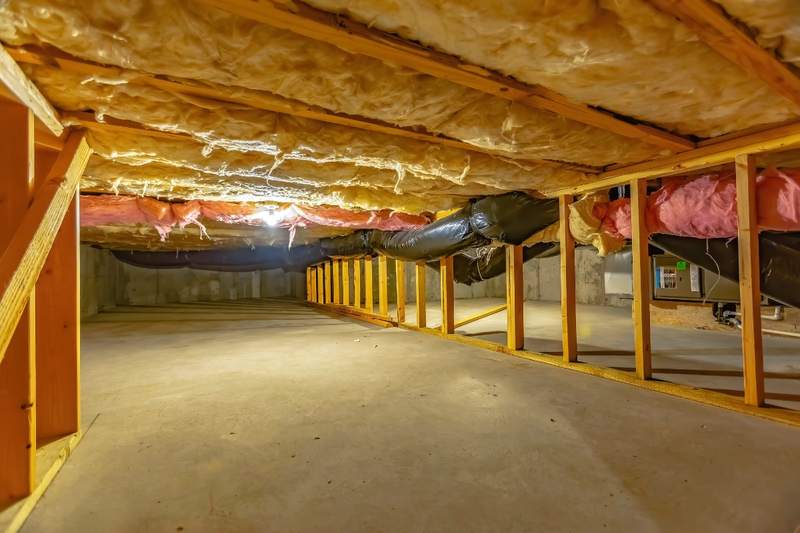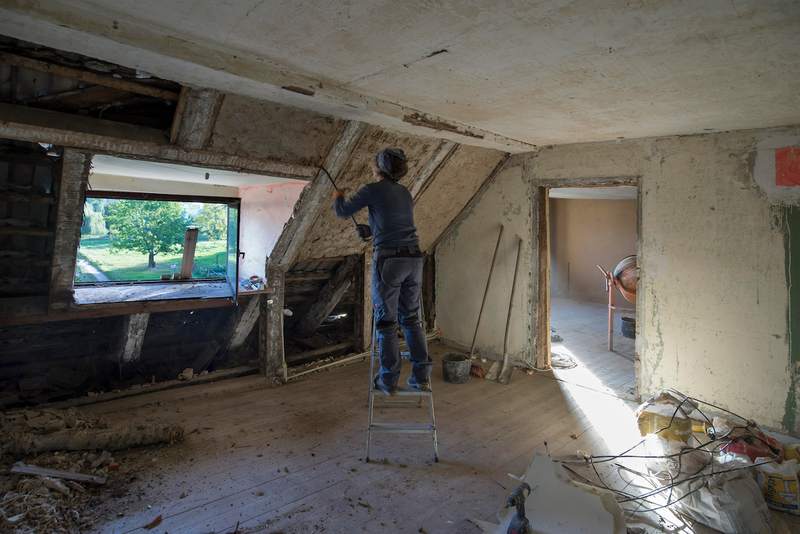
When you’re buying a home for the first time, it’s perfectly normal to feel overwhelmed. After all, it’s a major financial commitment, and there are many steps to the homebuying process. But the more information you have, the better equipped you’ll be to handle the important decisions coming your way.
We’ve gathered some first-time homebuyer tips to help set you up for success.
1. Figure Out Your Must-Have Features in a Home
In an ideal world, you would live in your dream home with every amenity and feature you’ve ever wanted. In reality, it’s financially savvy to draw the line between the things you want and the things you need.
Some people might prioritize location and choose to buy a smaller home in a more central area. Others might require yard space for their pets or children, so they look for homes outside of the city. It’s about what matters most to you.
2. Put Together the Required Documents in Advance
Getting a mortgage involves plenty of paperwork, so the process can go a lot more smoothly if you give yourself a head start on organizing them. Here are some of the documents you’ll likely need:
- Recent pay stubs.
- W-2s from the last two years.
- 1099s from the last two years.
- Checking and savings account statements.
- Investment account statements.
- List of debts, like student loans, credit cards, and auto loans.
- Documentation of any alimony and child support payments.
- Driver’s license.
- Social Security card.
- Rental history.
3. Don’t Skip the Home Inspection
The home inspection is meant to protect you from purchasing a money pit. A thorough inspection should uncover any serious flaws or other issues that could require extensive repairs. If the inspector finds a big problem and your purchase agreement is contingent on a good inspection, then you can negotiate with the seller on repairs or cancel the deal. That’s also why it’s important to hire a qualified and experienced home inspector.
4. Negotiate, Negotiate, Negotiate
It’s not uncommon for sellers to list their homes slightly higher than market value under the assumption that buyers will negotiate. There are different approaches you could take, such as using the results from the home inspection to ask for any necessary repairs, a lower home price, or a credit for closing costs. Your real estate agent or Realtor will also be very useful here, as they can evaluate the local market and speak with the seller to understand how willing the other side is to negotiate.
5. Don’t Skimp On Homeowners Insurance
In the event of an accident or disaster, a standard homeowners insurance policy covers your home’s structure, your belongings, and your liability for injuries or property damage done to others. Ideally, you would never need to use your homeowners insurance — but you also don’t want to be lacking the right coverage if disaster does strike. The Insurance Information Institute recommends purchasing enough coverage to rebuild your home.
6. Budget For Home Maintenance
If you’ve rented homes up until now, you’re probably used to having the property owner or management company take care of maintenance. As a homeowner, you’ll find that many — if not all — these bills will fall to you instead.
There are different ways you can budget for home maintenance:
- Setting aside 1% of the home’s purchase price per year.
- Saving $1 for every square foot of living space annually.
- Saving 10% of the total of your monthly mortgage payment, property taxes, and insurance costs.
Putting off required maintenance can affect your quality of life and the value of your home, so it’s important to keep up with the costs.











